 Dr. Orli Peter administering neurostimulation therapy in Beverly Hills (Photo Credit: Sepi Makabi).
Dr. Orli Peter administering neurostimulation therapy in Beverly Hills (Photo Credit: Sepi Makabi). A legion of mental health professionals are putting their practices aside to assist trauma victims in Israel. They’re led by Dr. Orli Peter — a Beverly Hills-based neuro- and clinical psychologist who created the Israel Healing Initiative. It’s a new organization consisting of therapists who are taking leave from their regularly-scheduled patients and traveling to Israel to help out survivors.
One of the therapies she’s been using involves electrical brain stimulation, and the results have been promising. “We’re going to Israel, we want to help the Israelis, no matter what religion they are,” Dr. Peter told the Journal. “That country needs help badly. We have a group of neurotherapists who want to go. We want to train the trauma therapists in Israel in the neurostimulation practice.”
While traditional forms of therapy will be conducted by volunteers in the Israel Healing Initiative, the electro-neurostimulation therapy is one of the prime purposes of the mission to Israel. The therapists use a blend of talk therapy, qEEG imaging, and electro-neurostimulation in their treatment of traumatized people in Israel. She believes this approach will hasten treatment, crucial in a country reeling from collective trauma.
There’s three prongs of the treatment. The therapist does intake talk therapy as anyone in any therapist’s office would experience. This is then combined with “brain-mapping” imaging technology, officially Quantitative Electroencephalogram (qEEG). The qEEG shows the electrical activity in the patient’s brain waves. The patient then wears a headcap with electrodes, and tiny pulses of electric stimulation are applied using the qEEG measurements in conjunction with the traditional talk therapy treatment. This all combines to target the areas of the brain most affected by trauma. While the words “neuromodulation” and “neurostimulation devices” can sound frightening, the procedure is not invasive and can all be done in a trained, licensed therapist’s office.
In Israel, trauma therapists must obtain approval from the patient’s medical doctor to utilize neurostimulation. “We have our medical doctors who have formulated exclusion and inclusion criteria to provide guidance for the Israeli doctors for this process,” Dr. Peter said. “They have good trauma therapists in Israel, mostly relying on the talking approach. But we want to train Israeli therapists to include stimulation as a way to expedite treatment, help move some cases, and even crack some cases that were stuck before.”
She said the severe trauma stemming from the events of Oct. 7th affects not just the people who experienced the horrors first hand, but also those who witnessed from a distance, and anyone in a community experiencing the collective trauma. There is also a secondary trauma that can be caused by societal reactions such as shaming or blaming victims, particularly in cases of rape. These incidents can exacerbate the difficulty in treating trauma. Dr. Peter sees a vital role in shifting societal attitudes and support systems in the healing process. In over three decades as in neuro and clinical psychology, Dr. Peter has treated survivors of the Sept. 11th attacks, refugees fleeing the Islamic Republic of Iran, as well as Israeli and Palestinian trauma survivors. At her Beverly Hills office, Dr. Peter has already been treating survivors of the Oct. 7th Nova Festival massacre. These severely traumatized survivors are now vocal supporters of the treatment.
“People like you are giving back my trust that I lost in humans that day, so thank you,” one Nova Festival survivor said in a voice message Dr. Peter shared with the Journal.
“One of the first things we do is relax the nervous system,” Dr. Peter said. She described two brothers who came to her office from Israel. During their intake talk-only session, Dr. Peter said they were “jumping on the couch, throwing the pillows around” and denied the severity of how much they’ve been affected by what they endured.
“And then of course, we do the qEEG and their brain’s on fire in the networks that you would expect,” Dr. Peter said. “There’s three networks that we looked at, and every single one of them was not functioning properly.” After a few sessions, the brothers started opening up about their nightmares, sleep disturbances, flashbacks, and suicidal thoughts.
Dr. Peter was inspired to create the Israel Healing Initiative by her patients’ responses to the treatment — an eager encouragement to bring it to Israel. “They told me, ‘You’ve got to come to Israel, you’ve got to see my cousin, I’ll have 50 people waiting in line, just put a table outside on the street, forget about all the formalities,’” Dr. Peter said, quoting her patients. “I am trying to get them to focus on themselves and all they can think about is everybody they love and how the other survivors need to be helped. I was humbled.”
What they’re aiming for is called post-traumatic growth. “In the early days of my training, the objective in trauma treatment was to restore individuals to their premorbid state,” Dr. Peter said. “We were taught to strive for a return to their pre-trauma level of functioning. However, it became evident, particularly with events of this magnitude, layered with personalized and malicious trauma, it bifurcates people, leading them to either deteriorate or improve. There’s no reverting to who you were before.”
This mission is deeply personal for Dr. Peter; her father is a Holocaust survivor. “He never spoke about [the Holocaust], but you could feel it,” she recalled. That changed in 2000, when her father turned 70 (or 72, accounts of his age are in dispute). “I took my father to Poland as a trauma treatment, and the trip was life-changing for him, according to him.” After that experience, Dr. Peter’s father started to openly speak about surviving the Holocaust. These days, he lives in Jerusalem, where he frequently shares his story with visitors at Yad Vashem.
Her father’s decades of silent struggles fueled her commitment to developing therapies that address the complexities of mental wounds.
Dr. Peter made it clear in our interview that the Israel Healing Initiative is not about getting more clients after returning to California. It’s about preventing the ripple effects of untreated trauma on a global scale. She minces no words when she said that one of the biggest impediments to the success of the Israel Healing Initiative is funding. There’s no time for galas or coordinated donor outreach drives. The experts are focusing on preparations to be boots-on-the ground in Israel in a matter of weeks. Right now, they’re self-financing the travel, lodging, training facilities, and the first supply of neurostimulation devices. They have a virtual team based in the U.S. coordinating as many logistics as they can from a distance. At the same time, they are setting up a telehealth system for anyone in Israel needing someone to talk to.
“It’s more than a duty. I really feel like if we don’t help, what has just happened is going to ripple throughout the world. That’s how strongly I feel it.” – Dr. Orli Peter
It’s an ambitious, critical step in the healing process that is too-often overlooked during the fog of war. Despite the challenges, Dr. Peter is determined. “It’s more than a duty,” Dr. Peter said. “I really feel like if we don’t help, what has just happened is going to ripple throughout the world. That’s how strongly I feel it.”
For more information about the Israel Healing Initiative, visit their website: https://israelhealinginitiative.org/







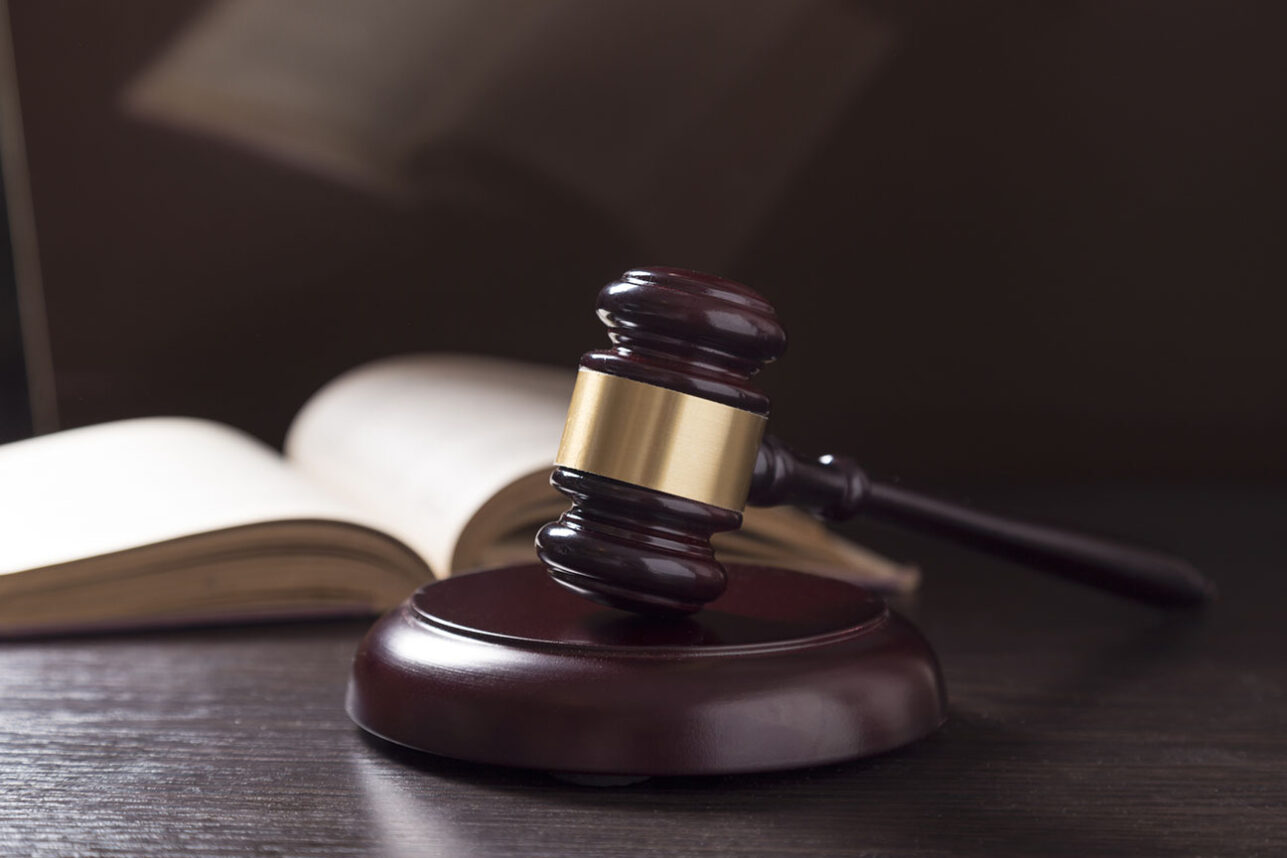
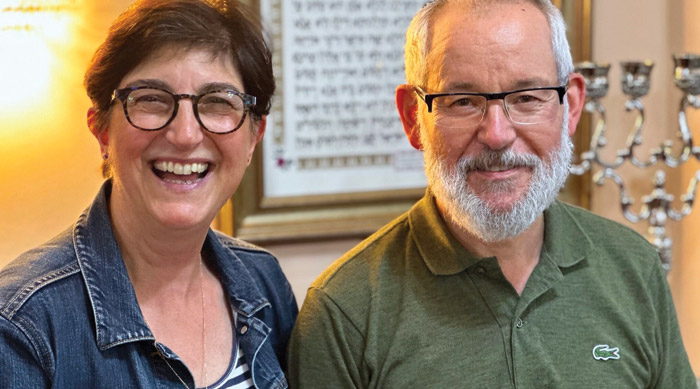

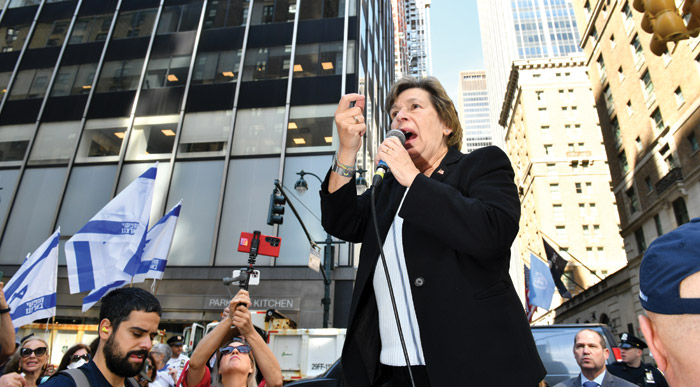
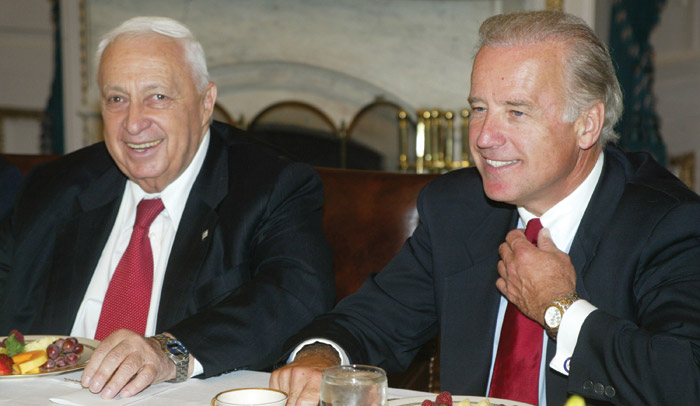
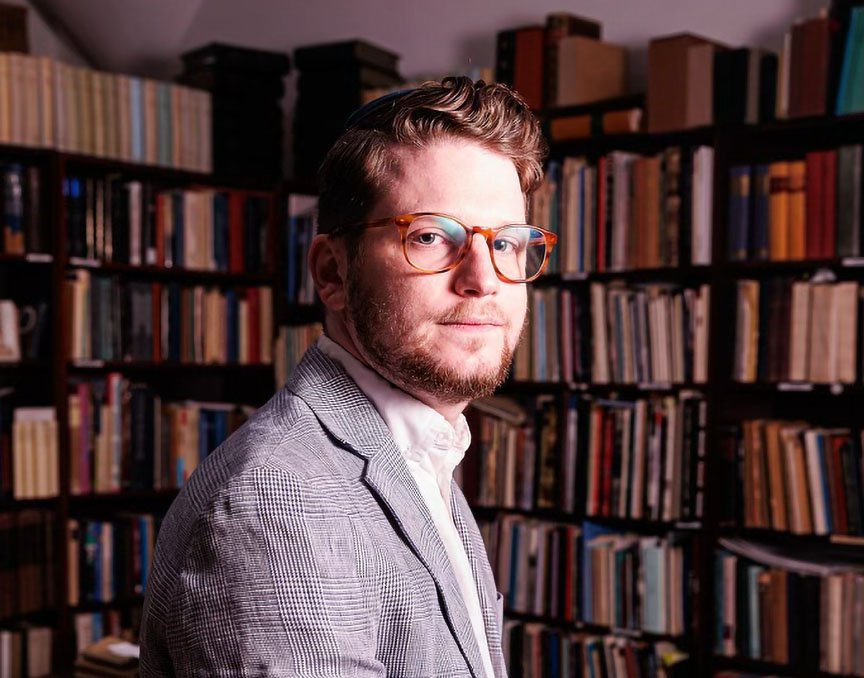



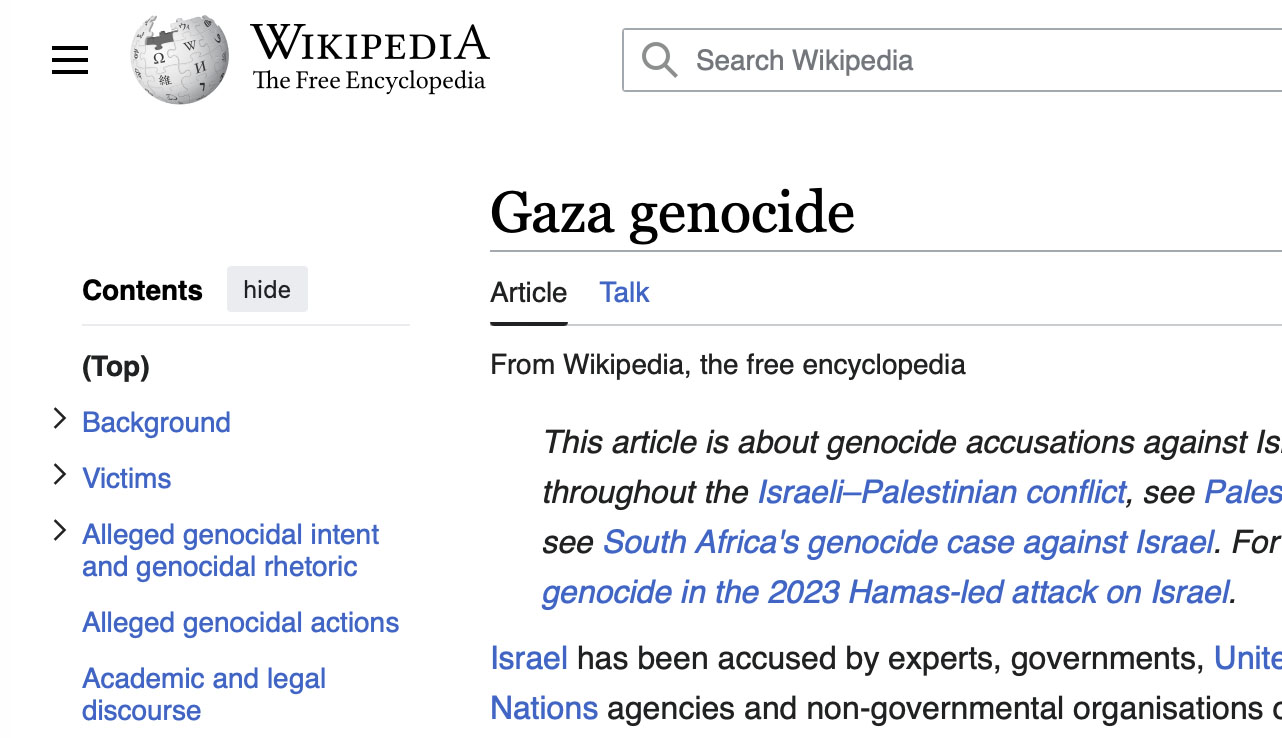



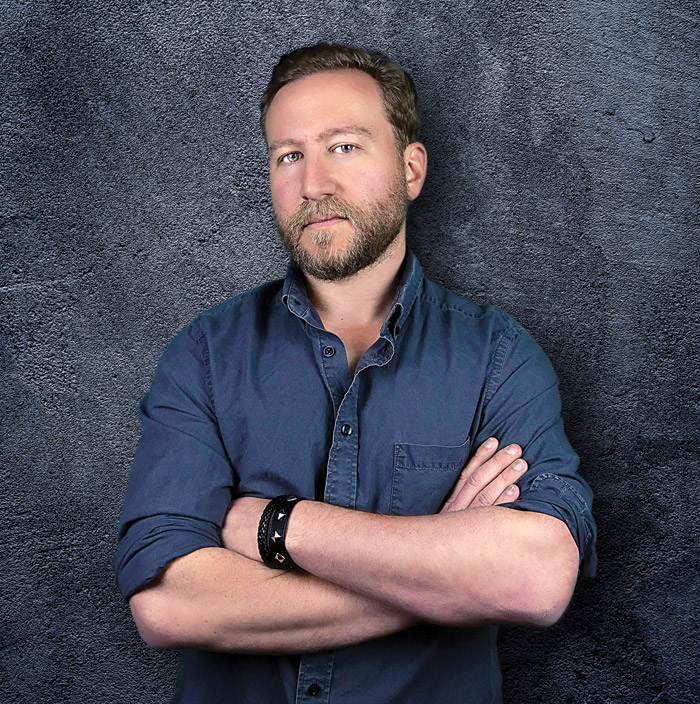

 More news and opinions than at a Shabbat dinner, right in your inbox.
More news and opinions than at a Shabbat dinner, right in your inbox.